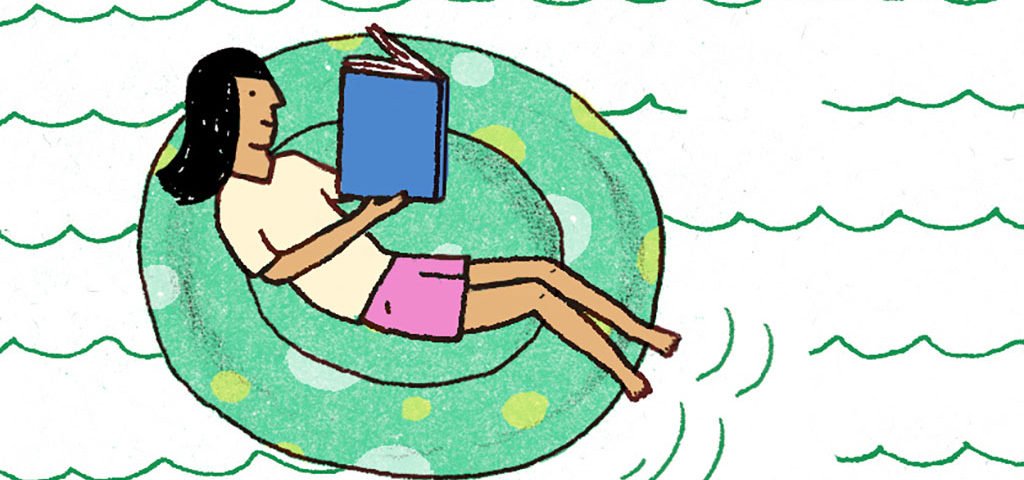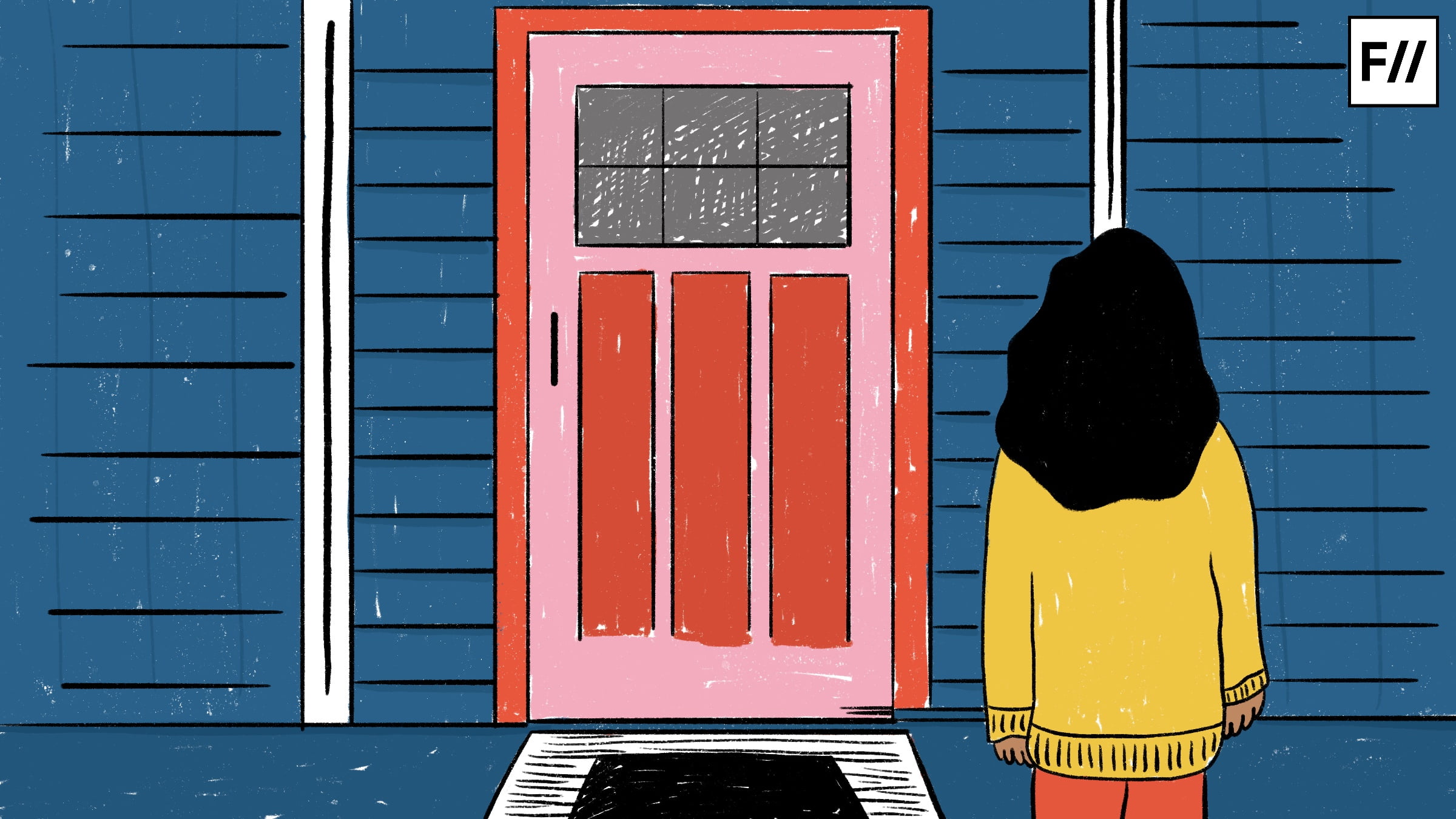Come the new year, and we’re bombarded with chatter about resolutions. Self-care and fitness industries ramp up their promotions (and our guilt quotient). Is it any surprise then, that January is also the cruellest month for us depressives?
Depression sucks. But you knew that already. On some days it’s a prickly escape to no-no land: no, I won’t do this. Not that either. On others, it’s numbing armour and a high-speed blender – pulsing, crushing, pureeing everything in its steel jaws.
I took decades to name it, own it…stumble through some haphazard ways to cope. The idea of tapping into one’s happy chemicals (dopamine, oxytocin, serotonin and endorphins—D.O.S.E. for short) once sounded too good to be true. But then came a time when I was willing to give D.O.S.E. a go.
How about you?
The tips below aren’t perfect, and may not entirely break through that wall of resistance that’s your cocoon. And that’s OK. Nor do these abide any “it’s all in your head; be positive and bam! you’ll be better” crap.
Some of the following self-remedies cost money, many, however, are free. Free is important. Not just because women typically feel guilty about splurging on self-care. More, because many of us talk ourselves out of spending money on our needs since we’re not worth it.
So go ahead, add your own tadkas as you tweak your happy chemicals into heady cocktails.
Dopamine is our motivation molecule; our pleasure centre and reward chemical rolled into one quick thrill. We feel awesome when we’ve achieved something, been successful, but crave artificial highs when it depletes.
Procrastination, self-doubt, and lack of enthusiasm and focus are linked with low levels of dopamine. Lethargy, self-destructive and addictive behaviours may soon follow. When you become aware of this red flag, try some of the following:
1. Make a list of your accomplishments
Asha Rangappa, ex-FBI Special Agent, doesn’t make new-year resolutions anymore. Instead, she lists successes and hits from the previous year. She says it’s more positive and energising than a big, fat (and unrealistic) to-do list. Put this brag-list in your Reminders on the phone, or pin it to your fridge or bulletin board. Heck, tape it to the bathroom mirror.
Don’t forget that self-pep talk (more on this later). You are not a loser. You are not lazy no matter how much you procrastinate. In fact, you may just be feeling de-motivated at the moment. These moments don’t define you.
One of my favourite romance writers, Alisha Rai who also struggles with depression, has this to say: “You can be strong and have moments of incredible despair when everything feels like it’s collapsing in on you, and yes when you feel like this, you want to die. Those moments are not weaknesses. They are simply moments. And they are not you.”
2. Feel pride
You can still do amazing things.
3. Set new goals
If you trust apps and aren’t resistant to organizers (like me), try a project management app like Trello to organize your goals and values. Because it is possible to change and get better no matter how slow your pace, or what the inner voice tells you. Just because others around you are driven and motivated, doesn’t mean you’re defective.
Also Read: Self-Care, Mental Health And Feminist Warriors
4. Stop comparing
Do you: find your own rhythm, your own path. If setting goals seem too daunting, just plan for today. OK, half a day. Make a list and cross things off when you complete even the minutest of tasks.
5. Take breaks
In between tasks, or break tasks into bite-size pieces. Chunkify. Set timers. Do reward yourself: Take a nap. Light a scented candle or sandalwood agarbatti. Dab on a favourite perfume—even if you’re in your jammies.
Surround yourself with favourite things. Treat yourself as an honoured guest—get that fine China out, or any of the good stuff you’ve been salting away for special occasions.
6. Keep Learning
This has been life-saving for me. My big aha! moment of self-awareness came with the concept of developing a growth mindset as explained by Carol Dweck, a professor of psychology at Stanford. For decades I made myself feel rotten because of some foolish attachment to the idea of perfection thus avoiding problems and challenges.
If I couldn’t do it perfectly, what was the point? If others did it so well, then I’m just a failure, and so on. They weren’t perfect, to begin with. They tried. They failed. And they tried again.
Also Read: In Trump’s America: 4 Ways Of Practicing Self-Care In A World That Hates You
7. Try
Balance the doubt with a little faith. Find the idea of self-care cringeworthy, too privileged? Think of nourishing your resilience to keep strong for the future.
8. Stretch
9. Stand tall
Make yourself physically bigger. Breathe deep and expand with each breath. Widen your stance. Reach up. Take up the room.
You could also discuss magnesium deficiency with your physician and inquire about vitamins C and E that help with dopamine production.
Also read part 2, part 3 and part 4.
Featured Image Credit: Tender Empowerment
About the author(s)
She loves reading and writing about women, stalks Twitter, and rarely follows her own advice.





Here is more support/resources:
If you have BPD/bipolar, ping me (@TheRestlessQuil).
I’d like to get a group therapy thing organised in Bangalore or at least an online support thingy that can spill into offline group therapy.
Because this beautiful Monday morning, i am deeply, deeply tired of my BPD.
“Perfectionism is the voice of the oppressor, the enemy of the people. It will keep you cramped…your whole life…”
—Anne Lamott
“I am a slow unlearner. But I love my unteachers.”
–Ursula K. Le Guin
Low dopamine doesn’t just make us procrastinate on the important stuff, it makes us crave instant gratification and mutliple distractions in the small things. Impulse buying, binge-eating, risky behaviour or decisions may follow leading to regret and lower self-esteem.
“Dazed” Magazine’s advice columnist, Beth McColl @imteddybless, tackles the big question of when self-care stops being self-care, and instead becomes self-destructive behaviour:
http://www.dazeddigital.com/life-culture/article/38812/1/agony-aunt-bad-decisions-self-care …
Are you a student, an academic struggling with superhuman expectations, stress, and social isolation? I’m thrilled to report that universities like Yale, Harvard, and Stanford are coaching students to prioritize happiness, not money or power:
https://qz.com/1192880/harvard-yale-and-other-other-top-universities-are-teaching-students-a-new-skill-happiness/
Happiness, or all least comfort with oneself, is an important social and political survival skill — “McGill University professor of practice Kim Samuel introduces students to some of the most socially isolated people on the planet—refugees and migrants, indigenous communities, families struggling with food insecurity; the displaced, disabled, and disconnected. One of the goals of her course, she says, is to teach students what it feels like to have a sense of safety and community in their own lives, so that they can help build connectedness in more disadvantaged populations.”
“Karma Center For Counselling & Wellbeing” is another fabulous mental health resource. (@KarmaCCW)
This is their statement: “We are a multidisciplinary, holistic, wellbeing-focused mental health care center. We are also a queer-affirmative space.”
If you’re participating in the ongoing protests, here’s an excellent thread by @annaverbee on Twitter on Protesting, Trauma and Mental Health Support and Services:
https://twitter.com/annaverbee/status/1206470326877474817
“Injustice anywhere is a threat to justice everywhere.”
—Martin Luther King, Jr.